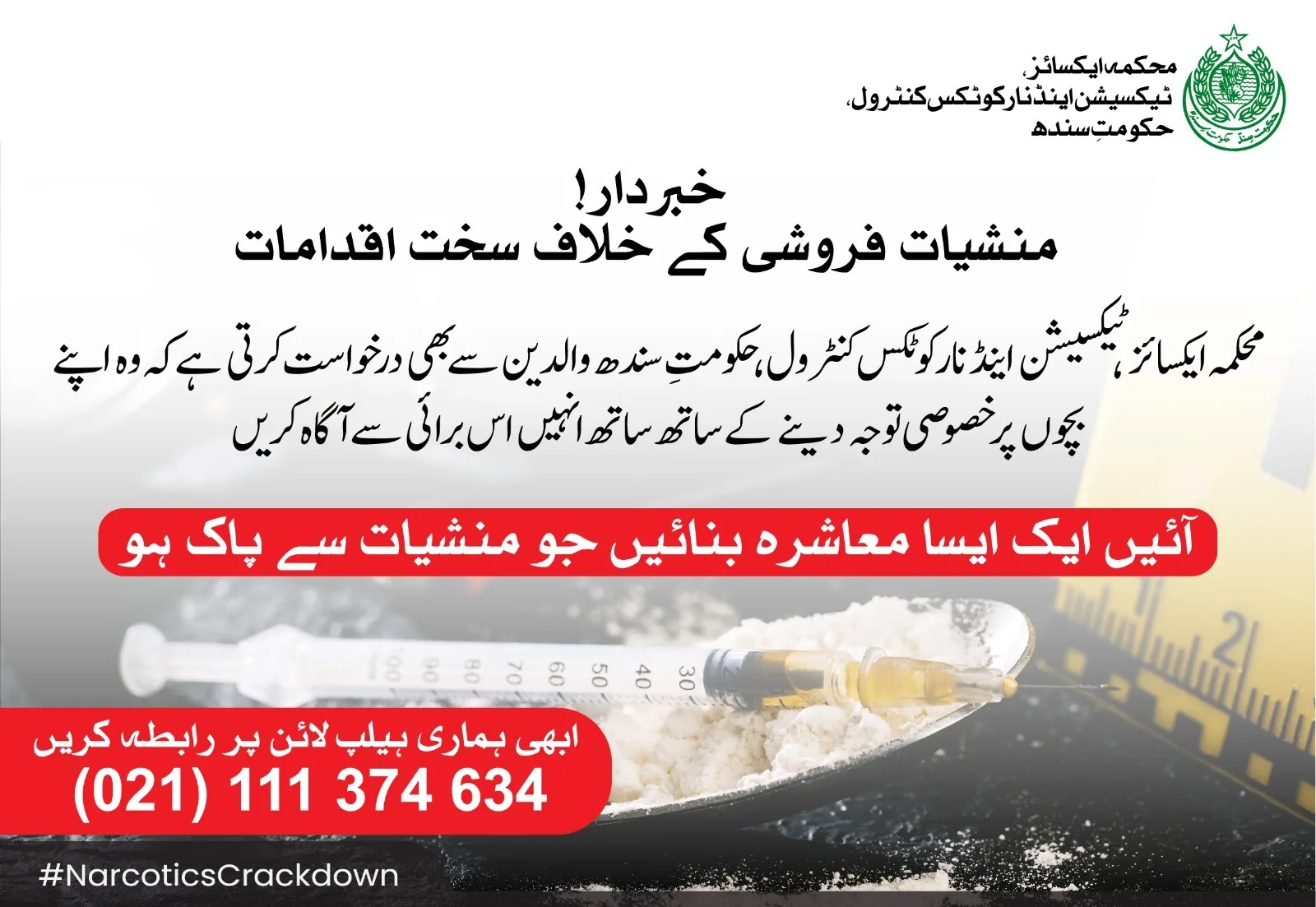COVID-19 Vaccines to roll out in market

Researchers and pharmaceutical companies around the world are racing to develop a vaccine against Covid-19, with more than 140 candidate vaccines now tracked by the World Health Organization (WHO).
Six coronavirus vaccines are now in phase III of human trials and one has been approved:
They include:
Moderna/NIH (US)
BioNTech/Pfizer/Fosum (US/China)
AstraZeneca/U. Oxford (Sweden/UK)
Sinopharm (China)
Sinovac (China)as well as CanSino (approved, China)
(source: NYT) pic.twitter.com/yBolPXuUpp
— Denis Wirtz (@deniswirtz) July 28, 2020
In a recent development, Denis Wirtz, the Vice Provost for Research and Theophilus Halley Smoot Professor of Engineering Science at Johns Hopkins University who is an expert in the molecular and biophysical mechanisms of cell motility and adhesion and nuclear dynamics in health and disease revealed that six vaccines for coronavirus are now in phase 3 of human trials and one has been approved.
The vaccines include:
Moerna/ NH (US)
American biotech company Moderna is developing a vaccine candidate using messenger RNA (or mRNA for short) to trick the body into producing viral proteins itself. No mRNA vaccine has ever been approved for an infectious disease, and Moderna has never brought a product to market. But proponents of the vaccine say it could be easier to mass produce than traditional vaccines.
BioNTech/Pfizer/Fosum (US/China)
According to a drug development and research report, China’s National Medical Products Administration (NMPA) accepted an application submitted by Shanghai Fosun Pharmaceutical’s unit Fosun Pharmaceutical Industrial for a trial of COVID-19 vaccine candidate, BNT162b1.
Based on BioNTech’s mRNA technology platform, the vaccine candidate is a prophylactic biological product intended to protect individuals aged 18 and above from Covid-19.
AstaZeneca/U.Oxford (Sweden/UK)
The University of Oxford vaccine is delivered via a chimpanzee virus, called the vaccine vector. The vector contains the genetic code of the protein spikes found on the coronavirus and triggers a strong immune response in the human body. The vaccine is in a combined phase 2/3 trial in the UK and has recently gone into phase 3 trials in South Africa and Brazil.
Sinopharm (China)
China’s homegrown inactivated COVID-19 vaccine developed by China National Pharmaceutical Group (Sinopharm) now offer free voluntary injection to front-line medical workers in some state-owned hospitals for urgent use despite the vaccine candidate has not been officially approved for marketing. Many have applied for voluntary vaccinations while some others remain concerned about the safety and efficacy of the vaccine candidate that is still undergoing its late-stage clinical trial overseas, the Global Times learnt from some medical workers who were offered.
Sinovac (China)
Chinese company Sinovac is developing a vaccine based on inactivated Covid-19 particles. The vaccine has shown a promising safety profile in the early stages of testing and is now moving into Phase 3 trials in Brazil.
Notably, the Phase 3 trial is crucial in the development of a vaccine as it can help answer the question whether it is effective enough to prevent the targeted disease.
In phase 3, the vaccine is given to thousands of people to confirm its safety, including rare side effects and effectiveness. These trials involve a control group which is given a placebo.
Earlier, at least four other Covid-19 vaccine candidates entered the phase-3 trials.
The results of the Phase 1/2 trials of the vaccine published in The Lancet medical journal last week showed that it produces strong immune responses.
The Phase 3 trial of this vaccine will also be conducted in several other countries including India. This vaccine will be called Covishield in India.
In addition to this, the Murdoch Children’s Research Institute in Australia is conducting a phase 3 trial using a nearly 100-year-old tuberculosis vaccine. The vaccine is not thought to protect directly against Covid-19 but might boost the body’s non-specific immune response.
Russia also plans to register a vaccine for the novel coronavirus by Aug. 10-12, clearing the way for what its backers say would be the world’s first official approval of an inoculation against the pandemic.
The drug, developed by Moscow’s Gamaleya Institute and the Russian Direct Investment Fund, may be approved for civilian use within three to seven days of registration by regulators.
Taken together, all the evidence suggests that COVID-19 vaccines are likely to become available for focused populations somewhere between the fourth quarter of 2020 and the first quarter of 2021.
The ultimate role they will play in the world’s response to the pandemic will depend on a range of factors—for instance, the disease’s epidemiology and transmission, the duration of immunity from natural infection, the profile of vaccines, and the availability of complementary therapeutics and diagnostics.
It’s assumed, however, that vaccines will play an important role in most response scenarios and may “save the world” in worse scenarios. In all scenarios, vaccines will serve as an insurance policy against continued health and economic shocks from the pandemic.
Stay tuned to Baaghi TV for latest news and updates.










